New Diplomatic Talks: Can They Bridge the Global Divide?
The world has always been a mosaic of cultures, ideologies, and ambitions, leading to inevitable friction and competition. Over time, these differences have woven a complex tapestry of alliances and rivalries, often resulting in political and economic divides. However, in today’s interconnected world, the stakes for humanity are higher than ever. With global challenges like climate change, cyber-security threats, and pandemics, the necessity for collaboration has never been more urgent. The recent surge in diplomatic talks signals a glimmer of hope that nations can bridge the global divide and foster a more cooperative international community.
A New Era of Diplomacy
In recent months, high-level diplomatic meetings have taken center stage on the global platform. Leaders from various nations have convened to address pivotal issues ranging from climate action to economic recovery post-COVID-19. This new era of diplomacy is characterized by a nuanced approach that seeks not just to negotiate terms, but to build sustainable channels of communication and mutual respect.
One notable example is the revival of the Paris Climate Accord under renewed vigor, with nations pledging more aggressive carbon reductions and promising financial aid to developing countries for sustainable development. Another is the re-establishment of dialogue between major powers like the United States and China, focusing on cyber-security, trade balances, and geopolitical stability. These steps, though preliminary, are indicative of a collective realization that global issues require global solutions.
Economic Integration and Fair Trade
Economic disparities have long been a cornerstone of international divergence. Wealthier nations enjoy greater levers of power, often at the expense of poorer countries. Recent talks have shown promise in addressing these imbalances. Initiatives such as debt forgiveness for the poorest nations, fair-trade agreements that ensure ethical labor practices, and investment in global infrastructure projects are on the agenda.
For instance, the G20 has discussed extending debt relief measures to the world’s poorest countries beyond 2023. Moreover, there’s an increasing focus on creating equitable trade agreements that allow developing countries better access to global markets, thus fostering shared economic growth.
Strategic Alliances and Multilateral Agreements
Strengthening alliances and forming new ones based on mutual interests rather than sheer power dynamics is another crucial aspect of these diplomatic endeavors. The Quadrilateral Security Dialogue, comprising the United States, India, Japan, and Australia, is a robust example of democratic nations forming a strategic alliance to ensure a free, open, and inclusive Indo-Pacific region.
In Europe, the recommitment to the European Union’s principles post-Brexit demonstrates an adaptive strategy to maintain unity. The EU’s coordinated approach towards vaccine procurement and distribution during the COVID-19 pandemic serves as a testament to the power of multilateralism.
Addressing Human Rights and Social Justice
Beyond economic and strategic matters, issues of human rights and social justice occupy a vital place in global talks. There’s a growing acknowledgment that for diplomacy to be truly effective, it must champion fundamental human rights and combat injustices globally. This year has seen increased international pressure on governments to uphold democratic values and human rights, with countries like Myanmar and Belarus coming under scrutiny.
Diplomatic measures are increasingly being linked with human rights benchmarks, ensuring that countries receiving economic or military aid adhere to basic standards of human dignity and freedom. This paradigm shift highlights the importance of aligning foreign policies with ethical considerations.
The Challenges Ahead
While these diplomatic efforts are promising, the road ahead is fraught with challenges. Deep-seated mistrust between nations, competing national interests, and domestic political pressures often stymie progress. Moreover, the rapid pace of technological advancements means that new arenas, such as space exploration and artificial intelligence, require new norms and regulations, necessitating more proactive diplomacy.
Conclusion
The recent wave of diplomatic talks offers a beacon of hope that international relations can evolve towards cooperation rather than conflict. While skepticism remains—fuelled by historical grievances and geopolitical competition—the pressing global challenges we face necessitate unprecedented unity.
Bridging the global divide is a long-term endeavor requiring steadfast commitment, continuous dialogue, and a willingness to compromise. But if these early steps are any indication, the world may be inching closer to a future where global solidarity triumphs over division. In a time marked by uncertainty and rapid change, diplomatic talks stand as a testament to humanity’s inherent capacity for dialogue, understanding, and collective action.










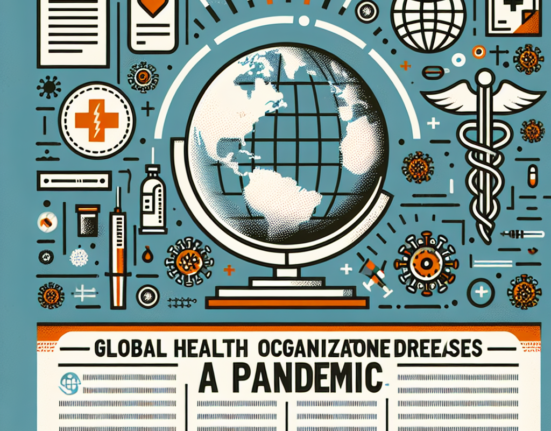
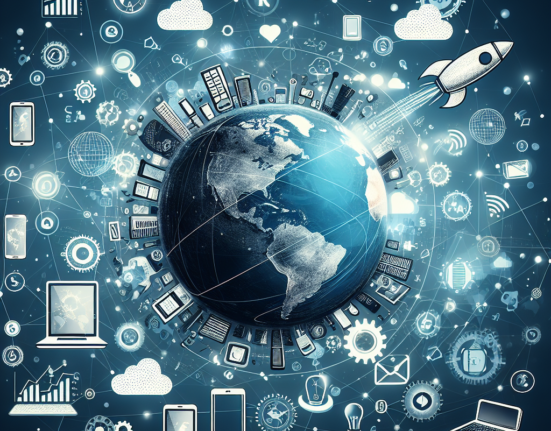
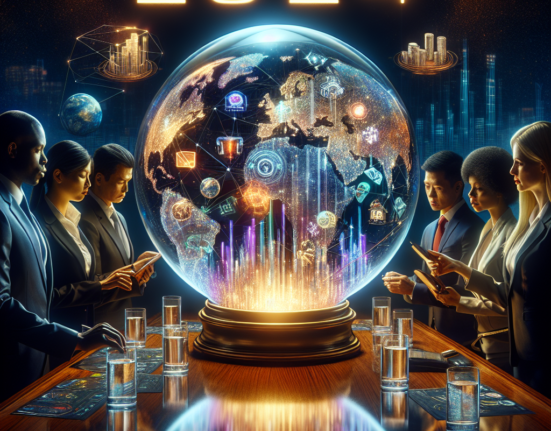
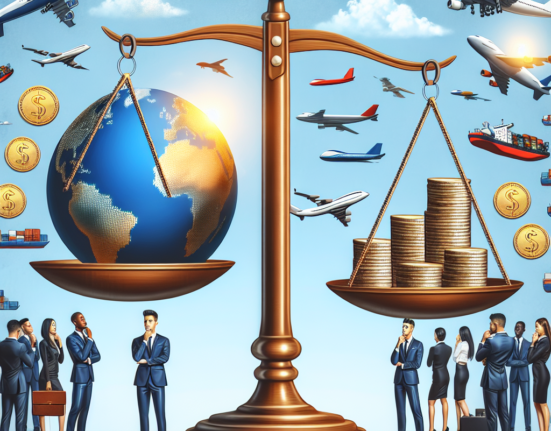
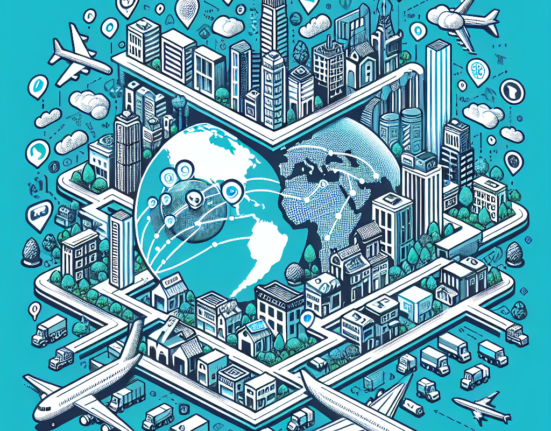

Leave feedback about this
You must be logged in to post a comment.